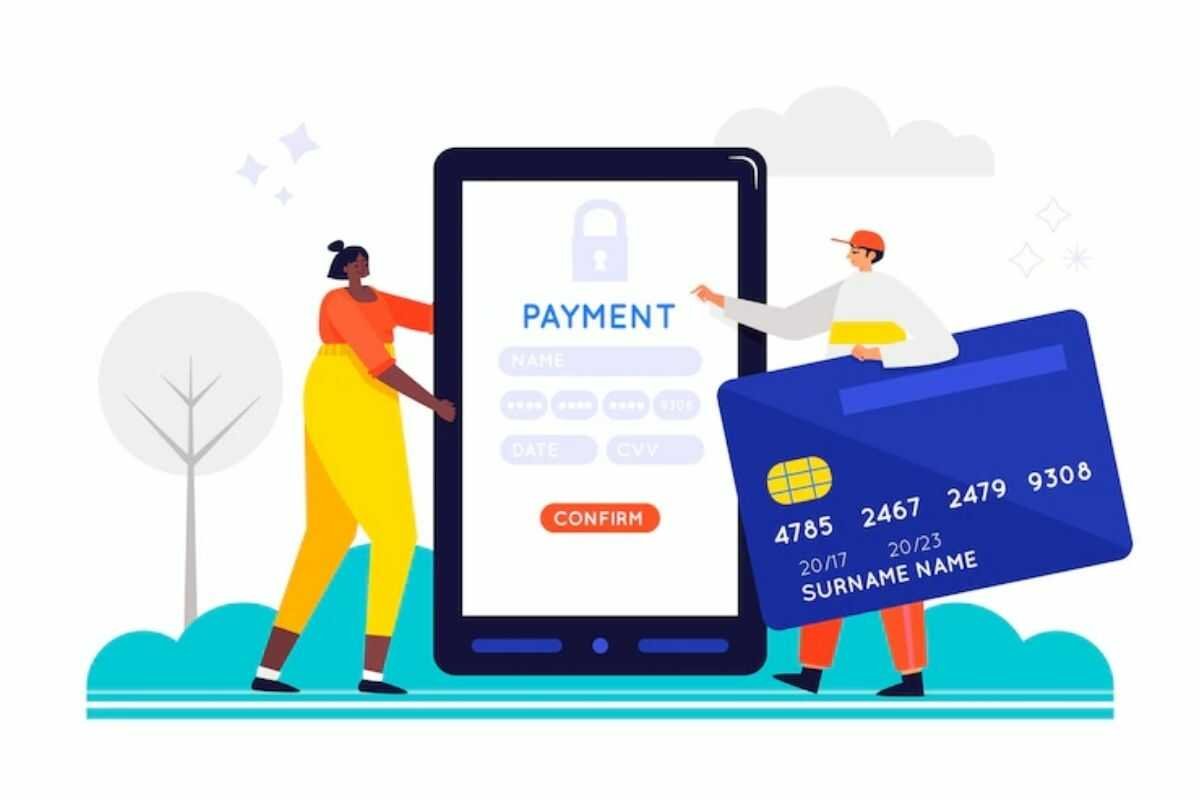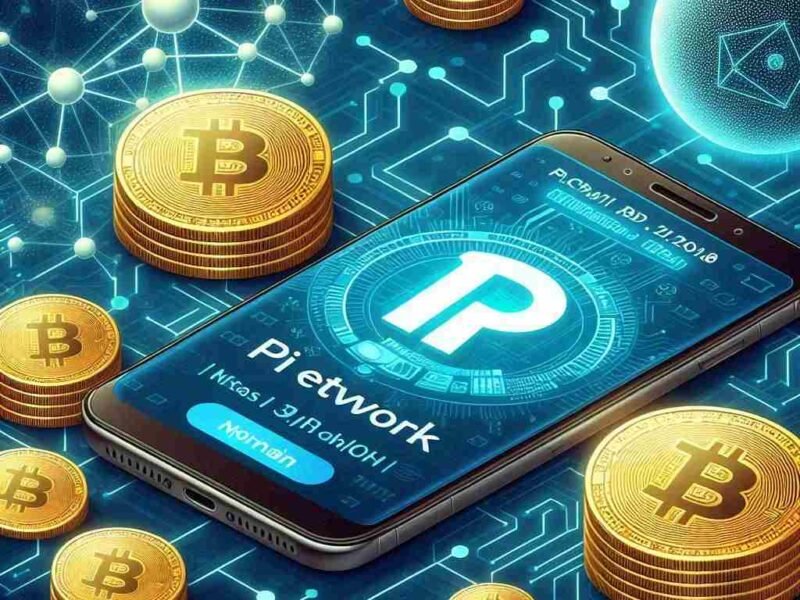This is an excellent opportunity to pay off credit card debt. After the COVID-19 outbreak, the economy is beginning to return to normality, and the average Indian personal savings rate has reached new highs.
Even still, numerous people are saddled with high-interest credit card debt, a problem that will only intensify when the economy fully recovers, causing the savings rate to plummet. In other words, if you were able to save some money throughout the outbreak, now is the moment to begin to work on reducing your debt.
That’s why we have created this article to let you know the four effective ways to pay off your credit card bills. So, let’s dive right into it without wasting any more time.
You should transfer your balance
It’s enticing to transfer debt from a card with a high-interest rate to one with a much lower interest rate and pay off your credit card bill payment. And that might be a wise option; you could save hundreds of rupees every year. But be cautious: You must only transfer a balance if you are dedicated to paying down the debt during an initial low-interest-rate window, which typically lasts 12 to 18 months after the first billing cycle finishes, and to make on-time monthly payments.
Instead, your rates might soar, potentially surpassing the one you just managed to get rid of. It would be best if you also refrained from making any transactions with the new credit card, as the low-interest rate may not be applicable to them in some cases.
Take out a personal loan
If you have strong credit, you could be able to get a personal loan with a better rate of interest than you are now paying on credit cards. Another approach to significantly accelerate your debt repayment is to combine your credit card balances with a personal loan and pay your credit card bill. This method entails opening a new account to pay off previous debt. Consolidating credit card debt with a personal loan could also help to boost your credit score. To begin, if you wipe off all of your outstanding credit card debt with a personal loan, your credit utilization ratio should decrease to 0% because a personal loan is an installment account that isn’t included in your credit use ratio.
Make use of Savings
Many individuals contribute to a savings account on a monthly basis, which is excellent, but this money might help you pay off your debts faster. Once you’ve established an emergency fund and are accumulating for unexpected needs, consider suspending extra contributions to savings accounts until you’ve cleared off your debts. This is particularly useful for individuals who aren’t saving for a specific purpose, such as buying a new phone.
The amount you save by paying down your bills more quickly will far outweigh any interest you receive in a savings account. Consider utilizing income tax returns, bonuses, or other financial inflows to expedite the process.
Use the Debt Avalanche or snowball method
The debt snowball strategy is settling off the lowest bill first, then moving the money saved into the following lowest amount, inspired by your feeling of accomplishment. As your conviction develops, so will the quantity you can put to each consecutive loan amount until you’re employing more significant and more outstanding payments to remove your debt, like a snowball tumbling down a steep hill.
The debt avalanche is a misleading moniker for a variant on the debt snowball. Instead of tackling the balance with the lowest interest rate, you tackle the debt with the highest interest. What the debt avalanche lacks in rapid pleasure compensates for by being more cost-effective and allowing you to pay off credit card debt quickly.
Pro Tip
Anyone can be perplexed by the credit card payment cycle, but you’ll be alright as long as you follow three simple principles. To begin, only payments that are more than 30 days late are listed as overdue on your credit scores, so delaying payment by just a few days should not be a cause for concern. Secondly, if you do not settle your payment in full and on time every month, interest accumulates on a regular basis. Paying as much as possible as soon as possible is also critical to minimizing loan costs. Ultimately, making and sticking to a budget is the most distinctive approach to prevent overpaying and getting startled by your credit card statement.
Conclusion
We hope this article helps you to identify the novel approaches to paying off credit card bills online. Handling credit card debt efficiently might be burdensome. You can overcome credit card debt by smart budgeting, which includes balanced budgets, paying enough attention to time schedule, establishing and sticking to a strategy, repaying more than the minimum due, and possibly contemplating consolidation or conversations with a credit counselor.



